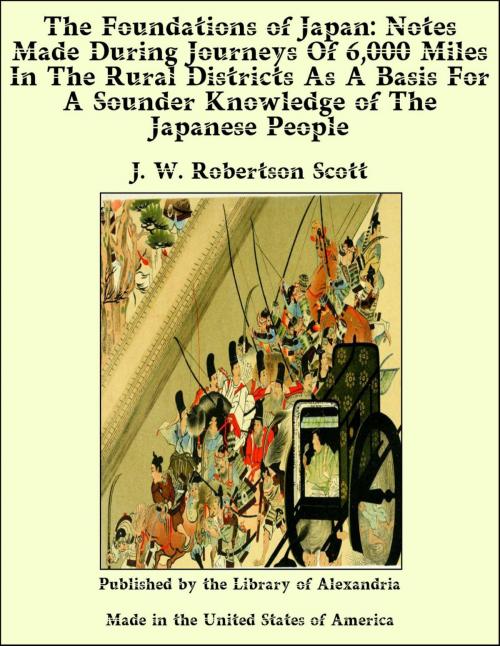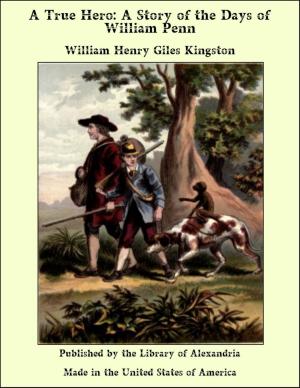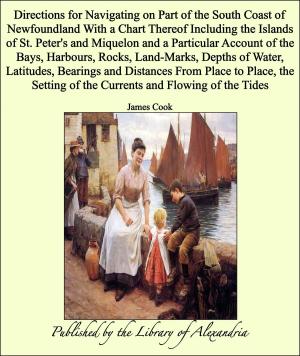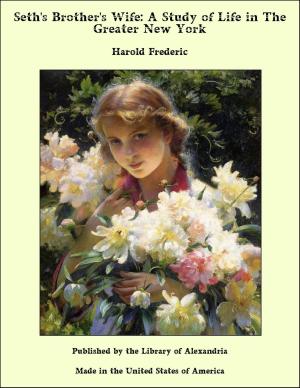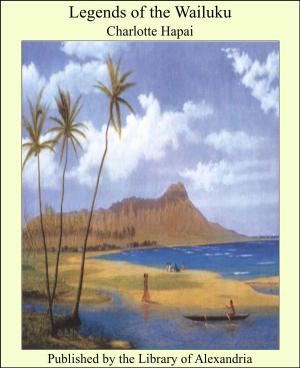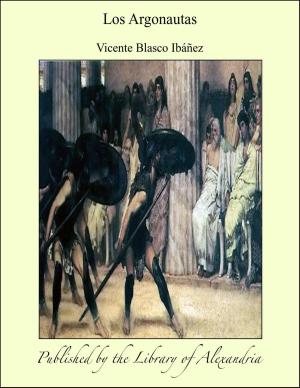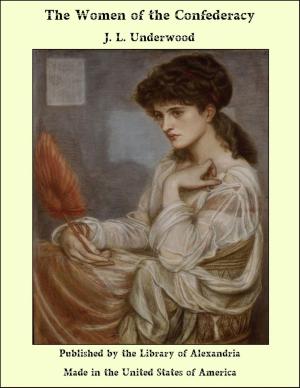The Foundations of Japan: Notes Made During Journeys Of 6,000 Miles In The Rural Districts As A Basis For A Sounder Knowledge of The Japanese People
Nonfiction, Religion & Spirituality, New Age, History, Fiction & Literature| Author: | J. W. Robertson Scott | ISBN: | 9781465576064 |
| Publisher: | Library of Alexandria | Publication: | March 8, 2015 |
| Imprint: | Language: | English |
| Author: | J. W. Robertson Scott |
| ISBN: | 9781465576064 |
| Publisher: | Library of Alexandria |
| Publication: | March 8, 2015 |
| Imprint: | |
| Language: | English |
The hope with which these pages are written is that their readers may be enabled to see a little deeper into that problem of the relation of the West with Asia which the historian of the future will unquestionably regard as the greatest of our time. I lived for four and a half years in Japan. This book is a record of many of the things I saw and experienced and some of the things I was told chiefly during rural journeys—more than half the population is rural—extending to twice the distance across the United States or nearly eight times the distance between the English Channel and John o' Groats. These pages deal with a field of investigation in Japan which no other volume has explored. Because they fall short of what was planned, and in happier conditions might have been accomplished, a word or two may be pardoned on the beginnings of the book—one of the many literary victims of the War. The first book I ever bought was about the Far East. The first leading article of my journalistic apprenticeship in London was about Korea. When I left daily journalism, at the time of the siege of the Peking Legations, the first thing I published was a book pleading for a better understanding of the Chinese. After that, as a cottager in Essex, I wrote—above a nom de guerre which is better known than I am—a dozen volumes on rural subjects. During a visit to the late David Lubin in Rome I noticed in the big library of his International Institute of Agriculture that there was no took in English dealing with the agriculture of Japan. Just before the War the thoughts of forward-looking students of our home affairs ran strongly on the relation of intelligently managed small holdings to skilled capitalist farming.
The hope with which these pages are written is that their readers may be enabled to see a little deeper into that problem of the relation of the West with Asia which the historian of the future will unquestionably regard as the greatest of our time. I lived for four and a half years in Japan. This book is a record of many of the things I saw and experienced and some of the things I was told chiefly during rural journeys—more than half the population is rural—extending to twice the distance across the United States or nearly eight times the distance between the English Channel and John o' Groats. These pages deal with a field of investigation in Japan which no other volume has explored. Because they fall short of what was planned, and in happier conditions might have been accomplished, a word or two may be pardoned on the beginnings of the book—one of the many literary victims of the War. The first book I ever bought was about the Far East. The first leading article of my journalistic apprenticeship in London was about Korea. When I left daily journalism, at the time of the siege of the Peking Legations, the first thing I published was a book pleading for a better understanding of the Chinese. After that, as a cottager in Essex, I wrote—above a nom de guerre which is better known than I am—a dozen volumes on rural subjects. During a visit to the late David Lubin in Rome I noticed in the big library of his International Institute of Agriculture that there was no took in English dealing with the agriculture of Japan. Just before the War the thoughts of forward-looking students of our home affairs ran strongly on the relation of intelligently managed small holdings to skilled capitalist farming.
